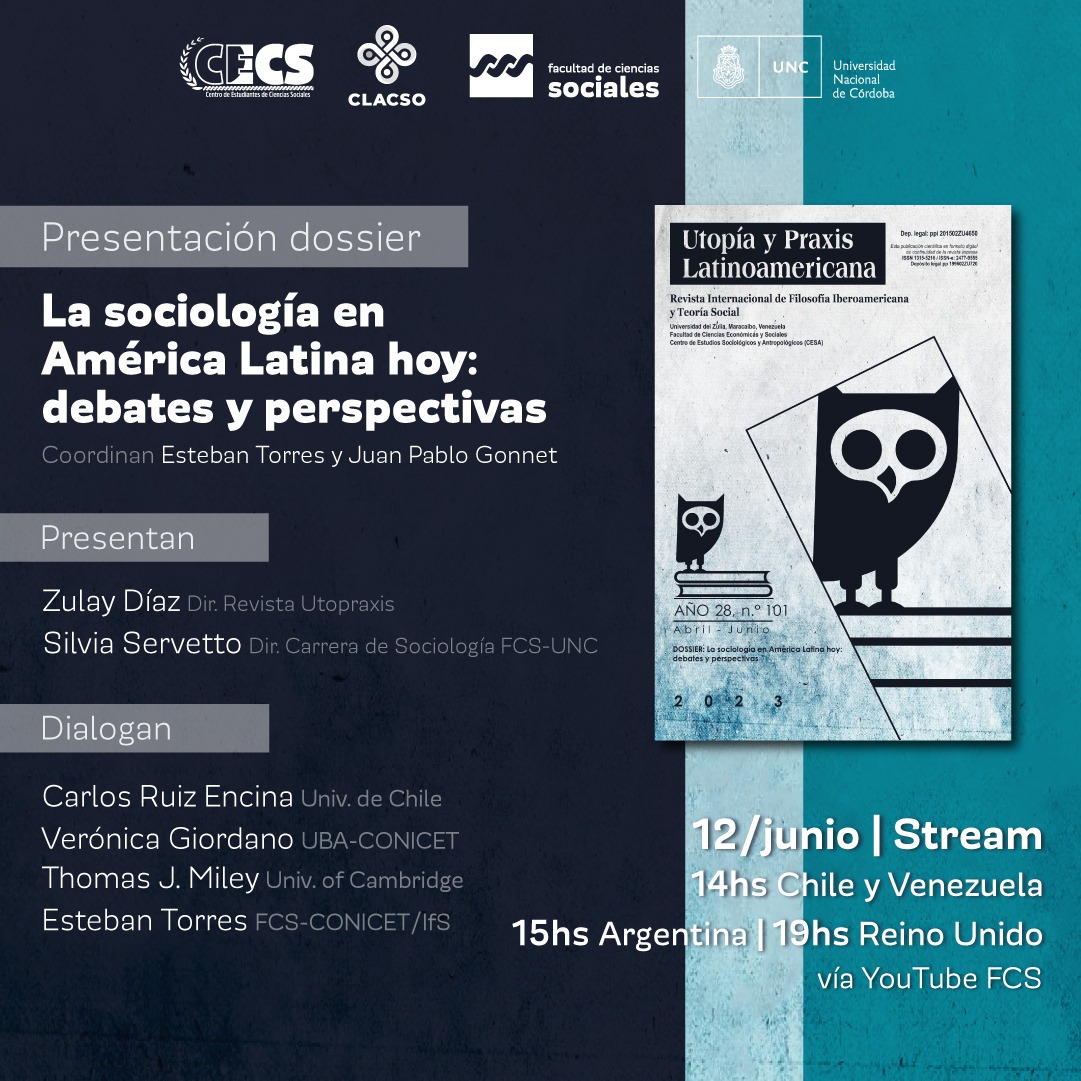Problem of Creating a Professional Dictionary of Uncodified Vocabulary
Resumen
ABSTRACT
The article considers the problem of lexicographical fixation of uncodified vocabulary in a professional dictionary. The oil sublanguage, being one of the variants of common language realization used by a limited group of its medium in conditions of official and also non-official communication, provides interaction of people employed in the oil industry. The authors conclude that the creation of a dictionary requires a special approach to the interpretation of words and the engagement of extralinguistic information, contexts and illustrative material.
RESUMEN
El artículo considera el problema de la fijación lexicográfica del vocabulario no codificado en un diccionario profesional. El sublenguaje del petróleo, siendo una de las variantes de la realización del lenguaje común utilizado por un grupo limitado de su medio en condiciones de comunicación oficial y también no oficial, proporciona la interacción de las personas empleadas en la industria petrolera. Los autores concluyen que la creación de un diccionario requiere un enfoque especial para la interpretación de las palabras y la participación de información extraliguista, contextos y material ilustrativo.
Citas
ACHAEVA, M.S, POSPELOVA, N.V, SUBBOTINA, N.S (2019). “Parametric adjectives of russian and english as representatives of the category of space.” XLinguae, 12(3), pp.12-21.
BORKHVAL'D, O.V (2000). “Historical dictionaries of the special vocabulary of the Russian language in the modern typology of dictionaries. Materials of all-Russia scientific-practical conference “Russian speech culture of the XX century”, Achinsk, September 14-16, 1999.” Speech communication, 3, pp. 16-28.
CASARES, H (1958). “Introduction to modern lexicography.” Moscow: Foreign Literature Publication.
DUBOIS, J, DUBOIS, C (1971). “Introduction a’la Lexicographie: le Dictionaraire.” Paris, France: Paris Publication.
DUCHOVIČOVÁ, J, KOZÁROVÁ, N, KURAJDA, L, BAJRAMI, B, BAGHANA, J (2019). “Level of auditory analysis, synthesis and active vocabulary and their intergender context.” XLinguae, 12(4), pp.229-238.
GAK, V.G (1995). “Bilingual Dictionary of the Active Type. Language – System. Language – text. Language – ability.” Moscow: RAS, Institute of the Russian Language Publication.
GALIMULLINA, R.I, KAZAKOVA, J.K, PUCHININA, O.P (2019). “Functional and syntactic features of free indirect discourse in M.I. tsvetaeva’s prose works.” XLinguae, 12(3), pp.80-92.
HOUSEHOLDER, F.W, SAPORTA, S (1975). “Lexicographic Definition in Descriptive Semantics. Problems in Lexicography.” Bloomington: Indiana University Press.
ISMAEVA, F.H, KORNILOVA, L.A (2017). “Thematic groups in the professional english and russian non-codified sport sublanguage.” Turkish online journal of design art and communication, 7, pp.929-933.
KALANOV, N.A (2002). “Dictionary of Marine Lingo: approx. 1,500 words, 1,400 idioms. Expressions.” Moscow: Azbukovnik: Russian dictionaries Publication.
KARAULOV, Y.N (1981). “Linguistic construction and thesaurus of the literary language.” Moscow: Nauka Publication.
KOLJADA, N, KOWALSKAIA, S, & MELKONYAN, A (2019). “Translation as a means of interpersonal and interethnic communication.” XLinguae, 12(2), pp.72-79.
KOROVUSHKIN, V.P (2000). “Dictionary of Russian military jargon: non-standard vocabulary and phraseology of the armed forces and paramilitary organizations of the Russian Empire, the USSR and the Russian Federation of the XVIII-XX centuries.” Yekaterinburg: Ural University Press.
MALYUGA, E.N, ORLOVA, S.N (2017). “Linguistic pragmatics of intercultural professional and business communication.” Springer, Cham.
MALYUGA, E.N, ORLOVA, S.N (2018a). “Jargonisation, Manipulative Potential and Strategic Planning of Professional Discourse.” In Linguistic Pragmatics of Intercultural Professional and Business Communication (pp. 31-77). Springer, Cham.
MALYUGA, E.N, ORLOVA, S.N (2018b). “The Theory of Profesional and Business Communication in Contemporary Linguistics.” In Linguistic Pragmatics of Intercultural Professional and Business Communication (pp. 1-29). Springer, Cham.
MYSHAK, E (2019). “English Neologisms of Biotechnology Sphere.” Cogito: Multidisciplinary Res. J., 11, pp.198-209.
PONOMARENKO, E.V, MAGIROVSKAYA, O.V, ORLOVA, S.N (2020). “Introduction: Professional Discourse in the Focus of Functional Linguistics.” In Functional Approach to Professional Discourse Exploration in Linguistics (pp. 1-20). Springer, Singapore.
SANDMEL, B (2019). Oilfield Lore. (Retrieved on 2019, March 5) Retrieved from: http://www.louisianafolklife.org/LT/Articles_Essays/creole_art_oilfield_lore.html.
SHCHERBA, L.V (1974). “Preface to the Russian-French Dictionary. Language System and Speech Activity.” Moscow: Science Publication.
SOLNYSHKINA, M.I (2005). “Dictionary of the marine language.” Moscow: Academia Publication.
STUPIN, L.P (1982). “Theory and Practice of English Lexicography: Textbook.” Leningrad: Leningrad State University Press.
SULEУEVA, S.G, ZHAXYMBETOVA, G.M, MASHIMBAYEVA, A.Z, MEIRAMGALIYEVA, R.M, JANSEITOVA, S.S (2017). “Linguistics of Russian-speaking Kazakh musicology.” XLinguae, 10(4), pp. 13-25.
VINOGRADOV, V.V (1977). “Russian language.” Leningrad: Uchpedgiz Publication.
VOLKOV, S.S (1995). “Vocabulary with a national-cultural component in the historical dictionary of the Russian language (problems of semantic description). Historical and cultural aspect of the lexicographic description of the language.” Moscow: Higher School Publication.
ZGUSTA, L (1971). “Manual of Lexicography.” Prague: Academia Publication.












